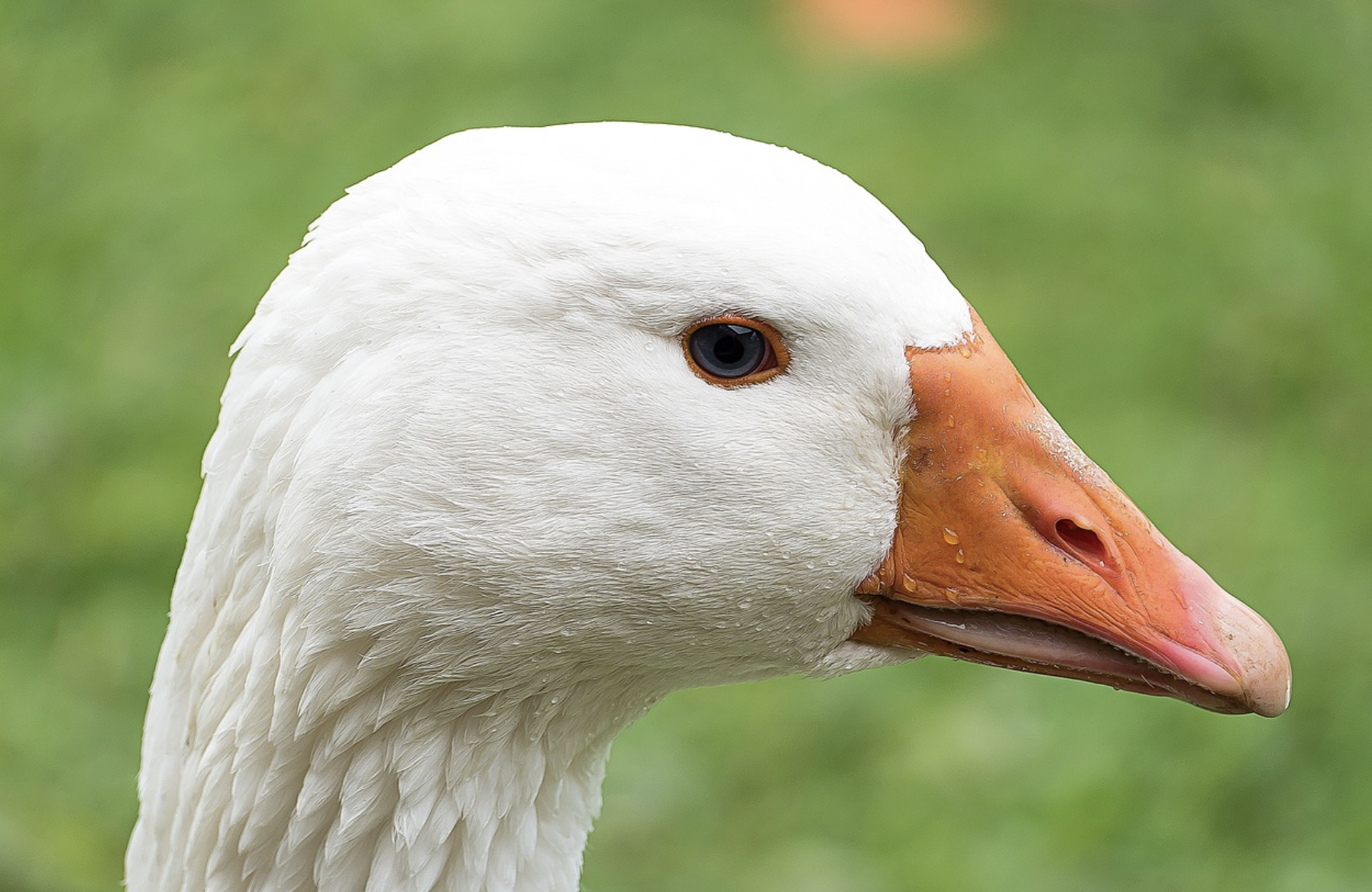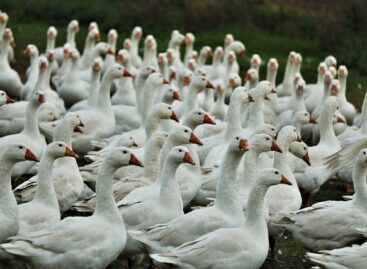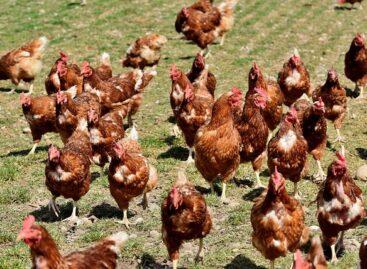Goose meat prices have skyrocketed due to bird flu, feed prices and the energy crisis
While St. Martin’s Day and Christmas have been present as “red-letter holidays” in the goose breeders’ calendars since time immemorial (80-90 percent of their annual stock is sold out at this time), the geese see no reason to rejoice this year. The Debrecen-based Tranzit Company Group, which employs 1,800 people, raises and processes 2 million geese per year (which is only 1.1 million this year), 10 million ducks and 15 million chickens on its own farms and slaughterhouses. CEO Ákos Szabó also began his assessment of the situation by saying that St. Martin’s Day is here again, but somehow this year’s is not the same as the previous ones.

Goose-meat is more expensive this year than ever
“This year can perhaps be compared to St. Martin’s Day in 2008, when people were waiting for the holidays with serious fears of a recession, and this also left its mark on festive consumption. Last year at this time, we talked about the fact that the sector had to deal with three serious problems: even then with rising feed prices, the pandemic and the bird flu. Although we constantly protected against them, they are still with us today, what’s more, the situation has worsened with the energy crisis. The latter produces price increases of 6-8-10 times, which is unmanageable. And we haven’t mentioned it yet the drought of the century, which left us with brutal feed prices. It is also obvious that not all extra costs can be passed on to consumers, since due to the cost crisis the price of chicken has already risen by 40-45 percent, that of duck has doubled and the price of goose has almost on the one hand there are the brutal production costs, while on the other hand there is the existential f food. In the case of the goose, these effects will now be met at St. Martin’s Day and Christmas. So far, no one knows (at most they suspect) what effect this will have on consumption. A drastic reduction is most likely. In 2008, goose consumption fell by 40 percent”
– he pointed out.
Related news
Bird flu has also reached the county of Somogy
This time, the laboratory of the National Food Chain Safety…
Read more >Protection against bird flu is ongoing
Bird flu is already present in nine counties in our…
Read more >Bird flu identified in Komárom-Esztergom County
The laboratory of the National Food Chain Safety Office (Nébih)…
Read more >Related news
The Christmas season is starting earlier and earlier: value for money is the key
This year, 40 percent of Hungarians brought their Christmas shopping…
Read more >The SZÉP card will also be available in digital form from 2025
From September 1, 2025, a significant change will come into…
Read more >SHEIN’s first Hungarian store has opened
On December 10, 2024, at noon, SHEIN’s first Hungarian store…
Read more >







